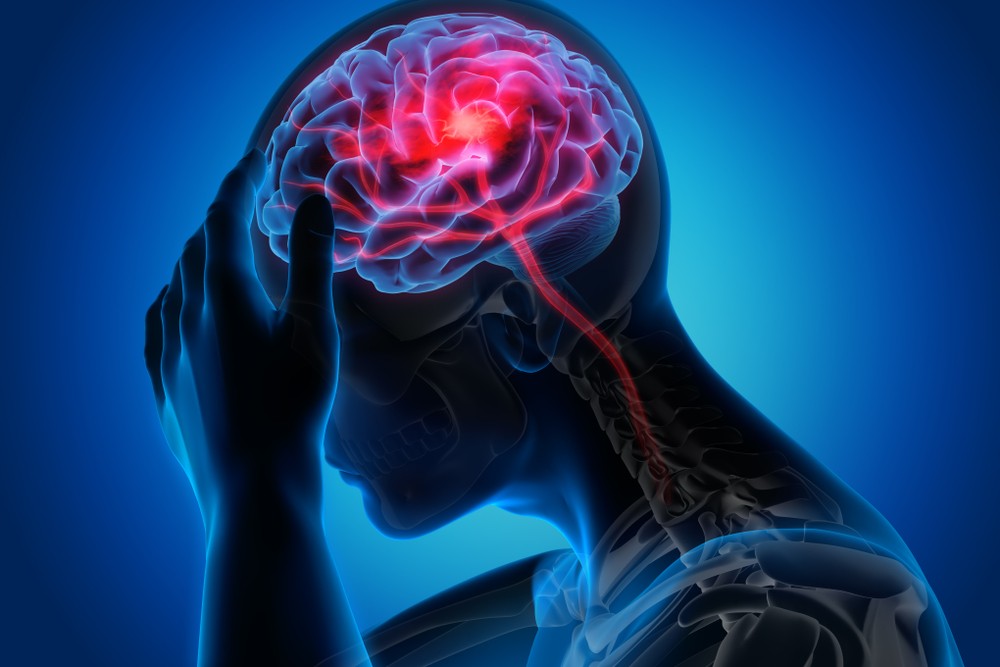Got Migraines? The Link to TMJ Disorder
 A recent study by the National Institute of Health (NIH) has revealed that patients who suffer from debilitating migraine headaches may be at an increased risk for developing another painful condition: temporomandibular joint disorder, or TMJD for short. Temporomandibular joint disorder is a condition of the temporomandibular joint, which connects the jaw to the rest of the skull. The disorder occurs when the temporomandibular joint becomes out of alignment, causing everything from pain and soreness of the jaw to tinnitus; teeth grinding (also known as bruxism); head, neck and back aches; and the inability to open and close the mouth and jaw.
A recent study by the National Institute of Health (NIH) has revealed that patients who suffer from debilitating migraine headaches may be at an increased risk for developing another painful condition: temporomandibular joint disorder, or TMJD for short. Temporomandibular joint disorder is a condition of the temporomandibular joint, which connects the jaw to the rest of the skull. The disorder occurs when the temporomandibular joint becomes out of alignment, causing everything from pain and soreness of the jaw to tinnitus; teeth grinding (also known as bruxism); head, neck and back aches; and the inability to open and close the mouth and jaw.
According to Bellmore, New York, neuromuscular dentistry specialist Dr. Gary Lederman, an estimated 15 percent of the population suffers from temporomandibular joint disorder - and some of those people could also be suffering from migraine headaches.
"We’re not sure why the connection between migraine headaches and temporomandibular joint disorder exists, but it does make sense," Lederman says. "With migraine headaches, the pain can reverberate throughout your head, neck, jaw and even in your ears. With all of this pain focused in or around the head, it's bound to cause some side effects - including temporomandibular joint disorder. In fact, many of these side effects cross over from one condition to the other."
Lederman says to reduce the symptoms of temporomandibular joint disorder, treatment options such as neuromuscular dentistry should be explored. Neuromuscular dentistry is the realignment of the jaw and temporomandibular joint to eliminate TMJ disorder pain. Lederman is a practitioner of neuromuscular dentistry and has seen measurable improvements in patients who undergo neuromuscular dentistry treatments to alleviate their TMJD symptoms.
"Neuromuscular dentistry most likely will not cure your migraine headaches, but it can alleviate symptoms of temporomandibular joint disorder, like teeth grinding and jaw pain - and if your headaches are causing your temporomandibular joint disorder, that's good news," Lederman says. "Eliminating the temporomandibular joint disorder really could be half the battle."
Lederman is also careful to point out that the study indicated that people with temporomandibular joint disorder are not at a higher risk of developing migraine headaches.
"Patients with temporomandibular joint disorder are surprisingly not at risk for developing migraine headaches, even though temporomandibular joint disorder can and does cause headaches," he says. "But why there is no link between temporomandibular joint disorder causing migraines, that we don’t yet understand."



